
Our History
In 2026, Fremantle Press will turn 50 years old. What began as a small not-for-profit publishing experiment to support WA writing talent, is now an established and nationally renowned independent publishing house whose mission statement has scarcely changed – to publish and promote to the widest possible audience the works of Western Australian authors, and to nurture and develop their careers. Our works have reached readers across Australia and internationally, giving voice to many and varied creators, who together help enrich our cultural heritage and inspire a vision for the future.
Our beginnings
1972
In what was once designated an ‘insane asylum’ the Fremantle City Council establishes the Fremantle Arts Centre, appointing local poet and visual artist Ian Templeman as its inaugural director. The centre offers classes in arts and crafts as well as in creative writing and literature appreciation, but it remains apparent that Sydney and Melbourne based publishing houses have little interest in literary offerings from the west.
1974
Future author Elizabeth Jolley joins Fremantle Arts Centre and becomes one of its most popular creative writing tutors.
1975
Ian Templeman commissions Terry Owen to conduct a feasibility study into the establishment of a publishing house.
1976
Fremantle Arts Centre Press is established, with grants from a state literary fund established by Premier Charles Court, the Whitlam government’s brand new Australia Council and the City of Fremantle. FACP is set up as an independent not-for-profit organisation, with Ian Templeman as chief executive and Terry Owen as general manager.
FACP begins in the poky attic of the Fremantle Arts Centre with a tiny staff and a cutting-edge IBM Selectric composer.
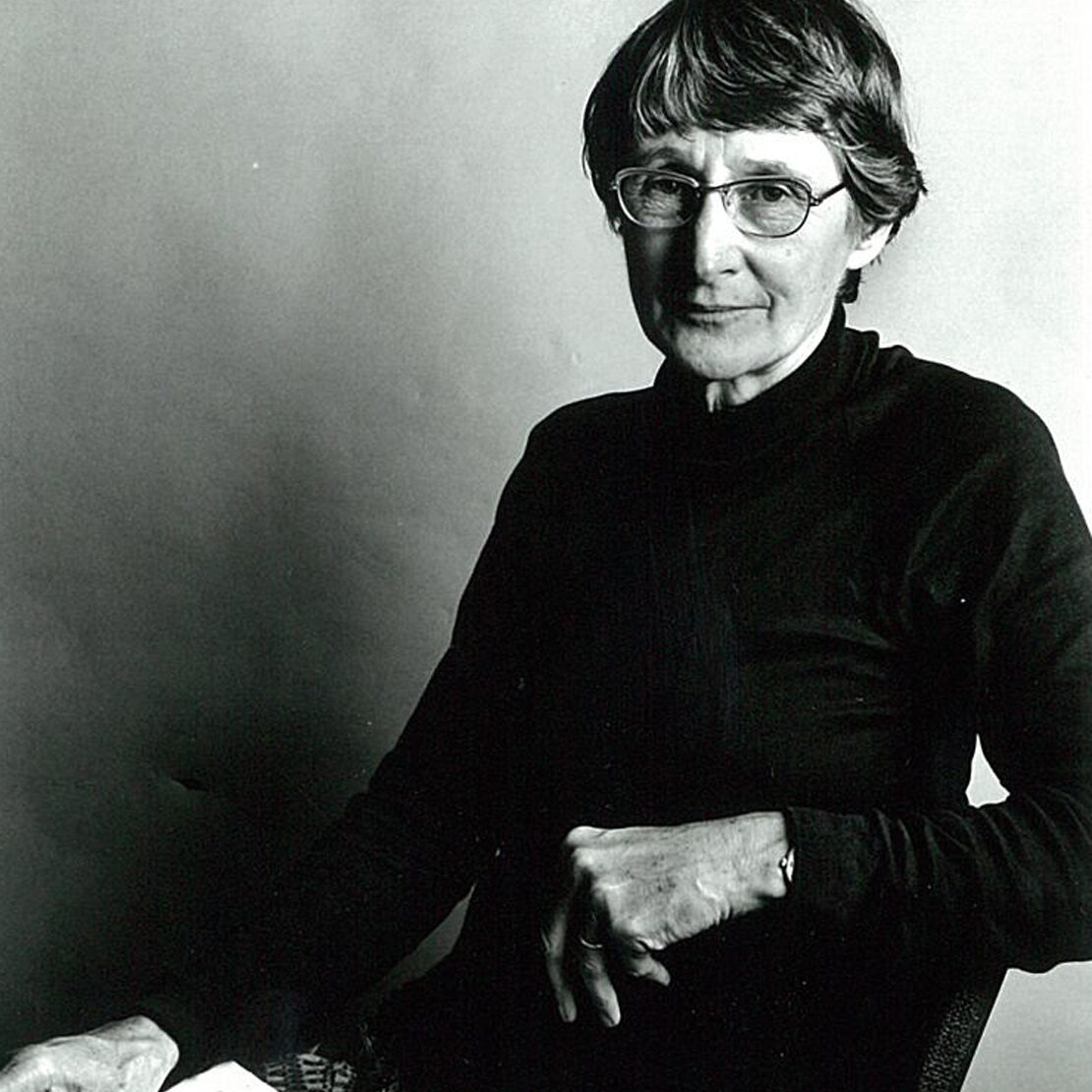
Highlights
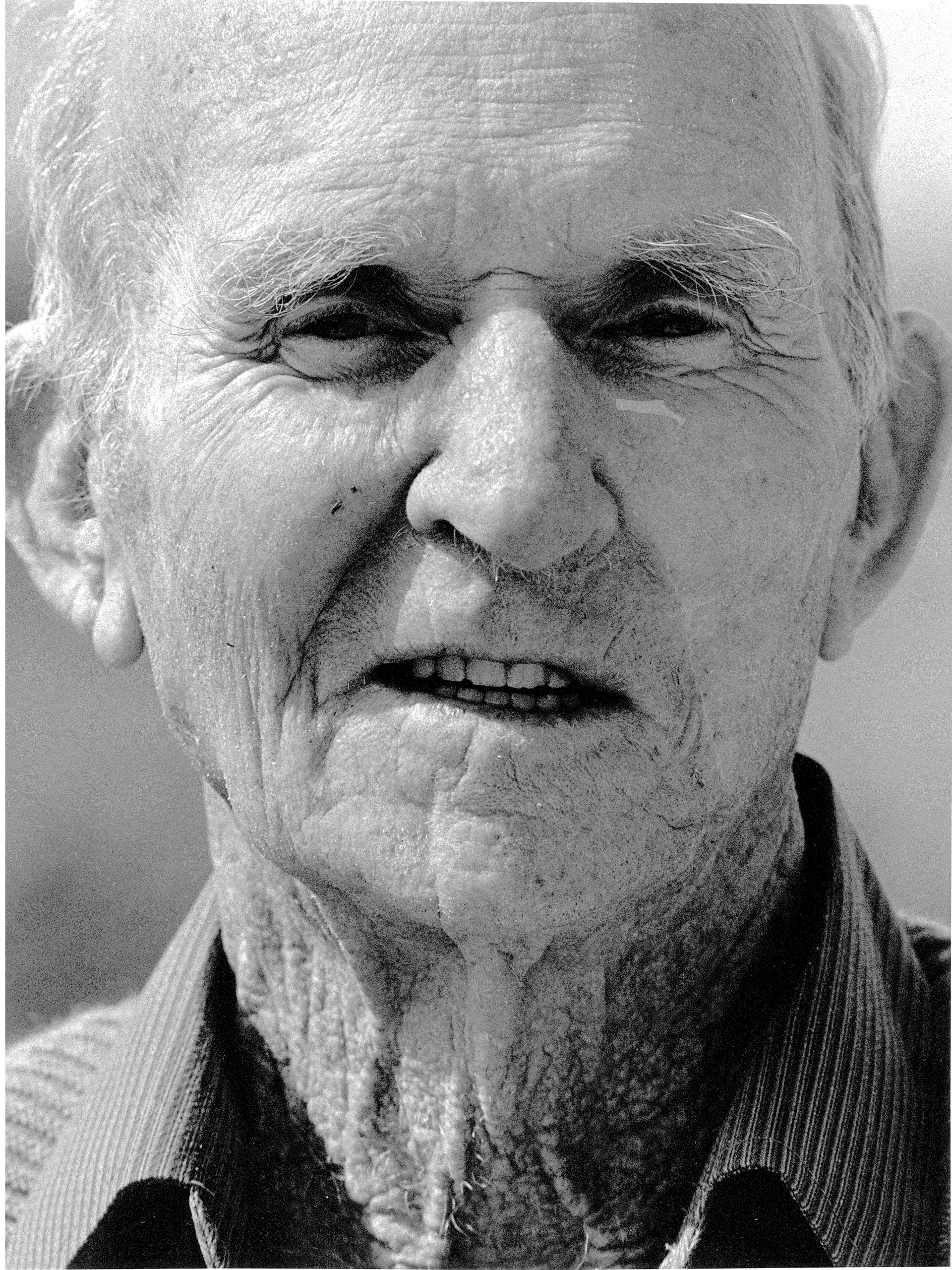
1976
Soundings is published, an anthology of Western Australian poetry edited by Veronica Brady, with a woodcut cover design by local artist Guy Grey-Smith. The print run is nearly sold out when the book has to be withdrawn from sale, after Dorothy Hewett’s ex-husband, solicitor Lloyd Davies, threatens to sue FACP for allegedly libellous material contained in one of Hewett’s poems.
Elizabeth Jolley’s Five Acre Virgin and Other Stories is also published, selling out in less than a month, at the recommended retail price of $2.95. Elizabeth goes on to publish five more books with FACP and to have an acclaimed international career.
Late 1970s
FACP first publishes TAG Hungerford, one of ‘the Grand Old Men of Australian Literature’, who goes on to publish six books with FACP and receive the Patrick White Award for literature in 2002. He will later be thrilled when a manuscript award is named after him.
1981
The bestselling memoir A Fortunate Life is published after being discovered in the submissions pile by commissioning editor Wendy Jenkins. Its success almost sends FACP broke, according to publisher Ray Coffey. Demand is so high the fledgling publishing house has trouble keeping up with orders. Rights to the book are licensed to Penguin, an arrangement which in time leads to a national sales and distribution agreement for all FACP titles, the first of its kind in Australia.
1983
FACP publishes its first Indigenous title Gularabulu by Paddy Roe with Stephen Muecke. It is one of the first works by a First Nations author to be commercially published in Australia.
1985
My Place by Sally Morgan is released to enormous acclaim. Its publication coincides with a burgeoning interest in books reflecting women’s and First Nations experiences. More than a million copies of My Place have been sold to date, and it remains one of this country’s most beloved memoirs.
1980s
This decade sees the launch of many significant national careers, including those of Joan London, and poets John Kinsella and Philip Salom. FACP also publishes the first title showcasing the work of botanical artist Philippa Nikulinsky.
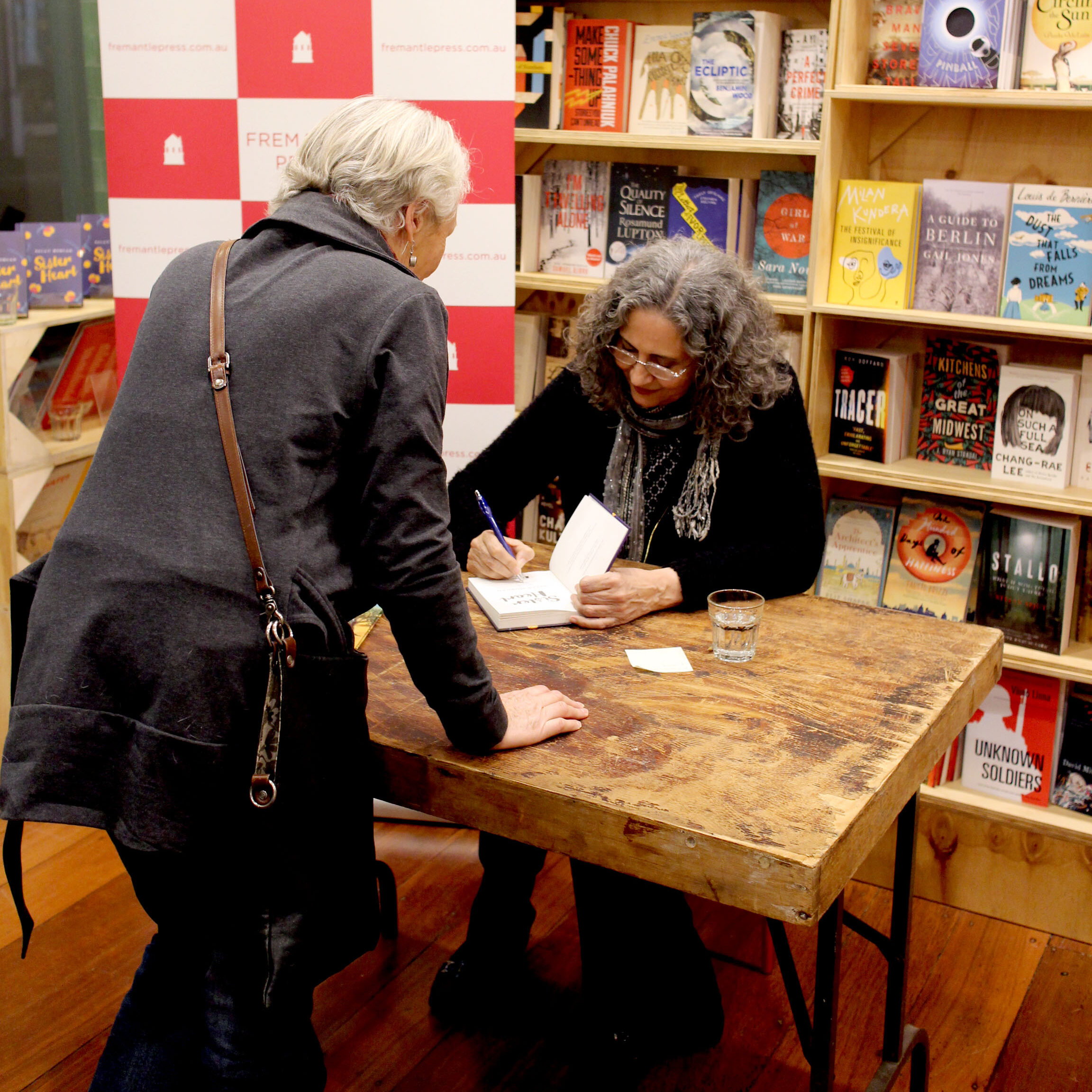
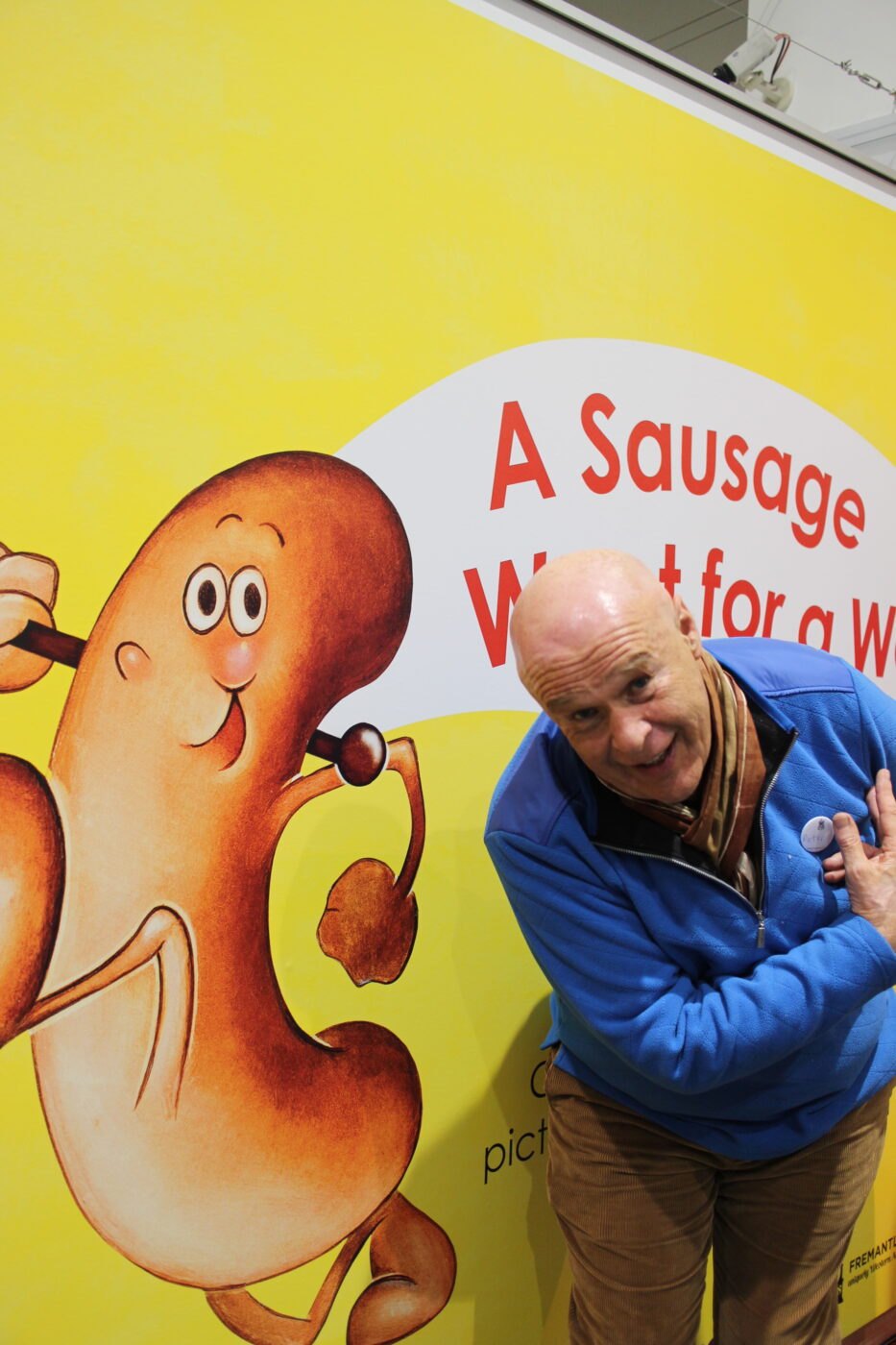
1991
FACP publishes its first children’s book, A Sausage Went for a Walk. Around 50,000 copies later, it has been read and adored by generations of Australian children.
1990s
Other landmark children’s books from this decade include Bawoo Stories by May O’Brien – one of the first books in Australia to feature an Indigenous language (Wongutha) – and Cat Balloon, which comes with its own CD-Rom soundtrack and is turned into a successful Spare Parts Puppet Theatre production, followed by a puppet show of The Deep by Tim Winton and Karen Louise.
1990s
FACP moves into new premises on South Terrace, South Fremantle. The TAG Hungerford Award for a previously unpublished Western Australian author is established in partnership with New Edition Bookshop. Brenda Walker is the inaugural winner in 1990, followed by Gail Jones – both go on to become multi-national award winners. Author Kim Scott is shortlisted and published with his first novel True Country.
Other Hungerford winners in the 1990s are Simone Lazaroo and Bruce Russell.
1995
Dave Warner’s crime novel City of Light is released, and wins a Premiers Literary Award. It is the first FACP crime novel in a list that will expand significantly in the 2010s.
1999
Down to Earth: Australian Landscapes is published, commencing a long publishing association between aerial photographer Richard Woldendorp, FACP and Sandpiper Press.
2000
A year after Kim Scott’s novel Benang is published, Scott becomes the first Indigenous author to win the Miles Franklin Award. Benang is FACP’s first ebook to be published in a format approximating the ebooks we read today.
2000s
Several publications win national awards in this decade including Anna Haebich’s history of Australia’s Stolen Generations, Broken Circles, and Stephen Kinnane’s non-fiction work, Shadow Lines. FACP’s first young adult title is published, Kate McCaffrey’s bestselling DeDestroying Avalonstroying Avalon. In Flanders Fields by Norman Jorgensen and Brian Harrison-Lever wins the Children’s Book Council Picture Book of the Year and is still in print decades later. Craig Silvey publishes his debut novel, Rhubarb.
2008
FACP moves to its current home on Quarry Street in the Dux Building, formerly inhabited by a luthier. FACP is renamed Fremantle Press.
2010s
First Nations picture book creator Ambelin Kwaymullina is the first Australian children’s author to launch her books in China. Fremantle Press picture books have since sold into China, South Korea, North America and throughout Europe.
The City of Fremantle joins Fremantle Press in sponsoring the Hungerford Award. Winners from this decade are Jacqueline Wright, Robert Edeson, Madelaine Dickie, Jay Martin and Holden Sheppard.
Custom publishing expands in this decade, to include the Kerry Stokes Collection and Wesfarmers Arts, corporate and community histories and books for sporting organisations. Since 2006, Fremantle Press has produced books for the State Library of Western Australia and their Better Beginnings program providing books for new babies throughout Western Australia.
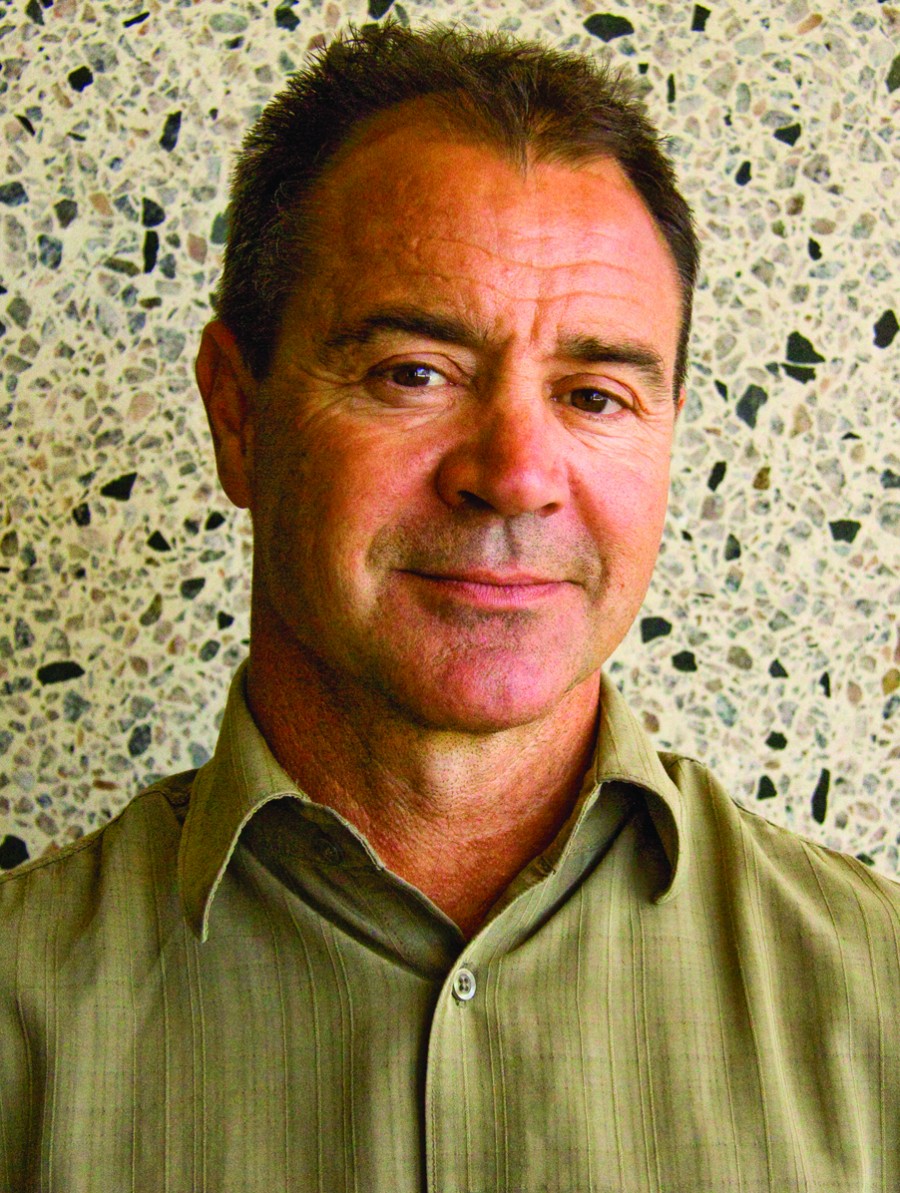

2015
Fremantle Press Champions of Literature philanthropy program is established allowing book lovers to invest in our program of activities on an annual basis.
Sally Morgan’s verse novel for young readers, Sister Heart, wins the Prime Minister’s Literary Award.
2017
With the cessation of the licensing arrangement with Penguin, A Fortunate Life comes ‘home’ to Fremantle Press and is reissued in three new editions. To date, more than a million copies of this beloved memoir have been sold.
Dianne Wolfer’s award-winning books Lighthouse Girl and Light Horse Boy are produced by Black Swan Theatre Company and play to packed houses.
2018
The Fogarty Literary Award is established in association with the Fogarty Foundation. The inaugural winner of this biennial award for an unpublished manuscript by a Western Australian writer aged 18 to 35 is Rebecca Higgie.
2020s
Fremantle Press enters into partnerships with diverse writing communities, such as the LGBQIA+ community, to bring a wider range of voices into print and increase the diversity of stories available to readers.
The City of Fremantle Hungerford Award winners are Maria Papas and Molly Schmidt. Fogarty Literary Award winners are Brooke Dunnell and Katherine Allum.
Fifty years on, Fremantle Press continues to publish works of fiction, literary prose and poetry, social history, autobiography, biography, trade books in areas such as art, food and photography, children’s picture books and fiction for young readers.
In half a century, our core purpose has remained the same: to identify talented new and emerging Western Australian writers and artists, and to publish and distribute their work to the widest possible audience – books that help us know ourselves and have empathy for others, and books that can transport and transform us and the world around us.



